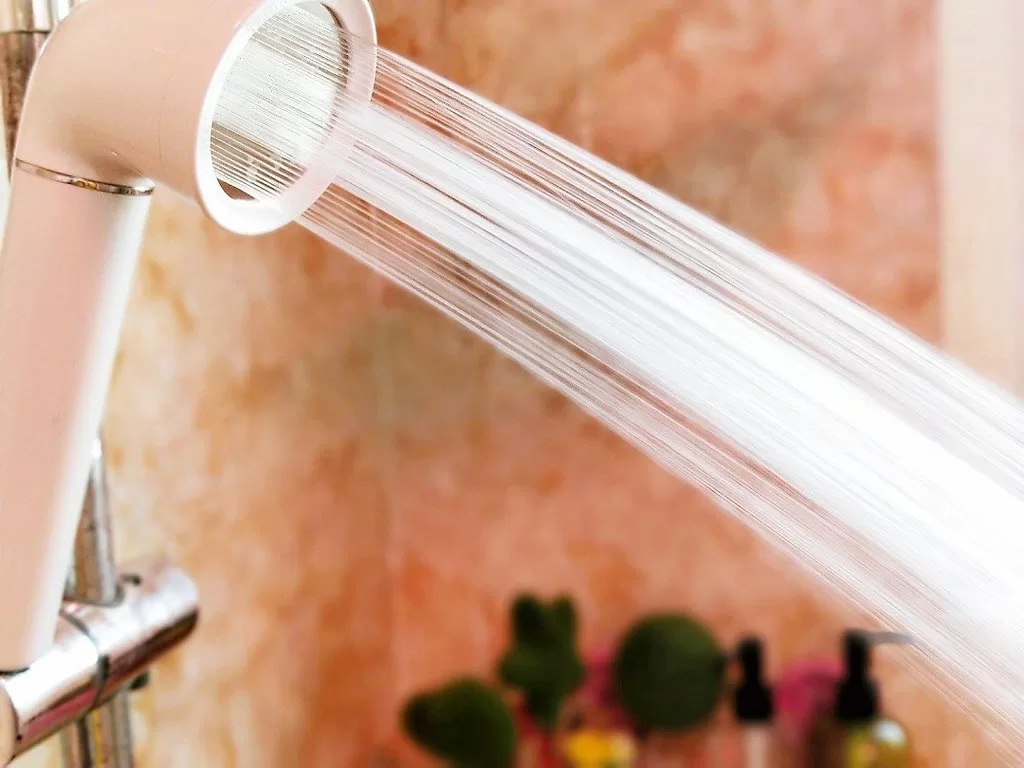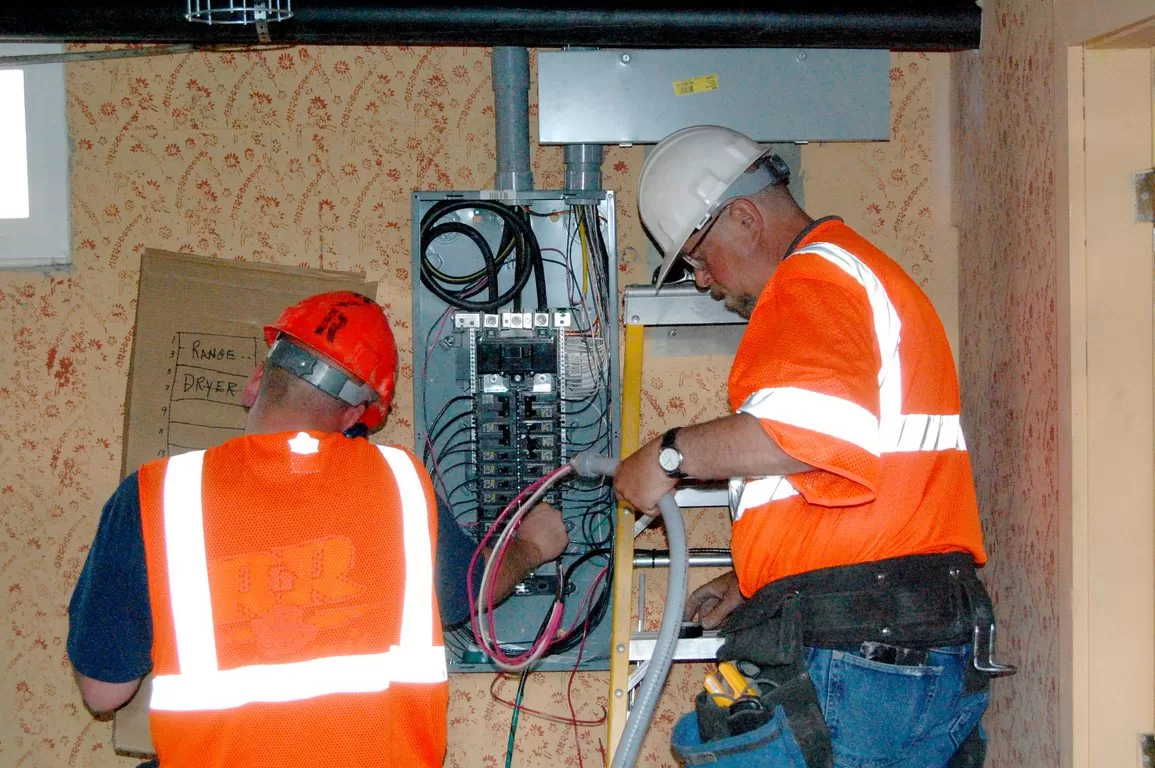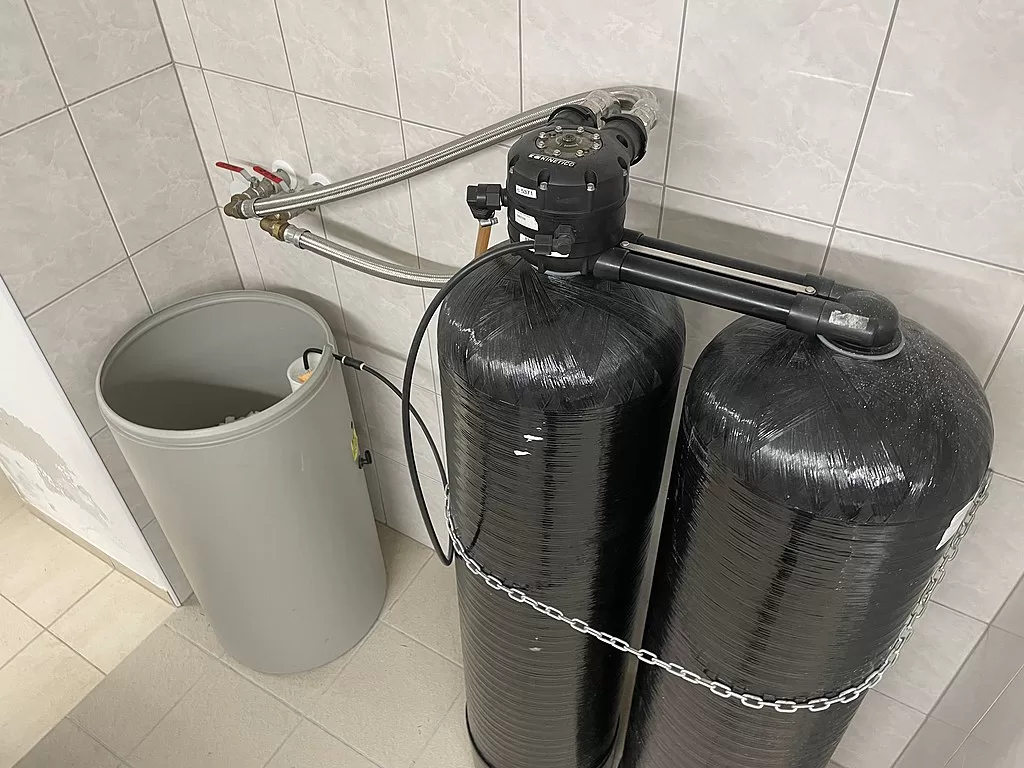Limescale buildup is a common issue for homeowners in the US, causing stains and potential damage to plumbing systems. But can a water softener remove existing limescale? The short answer is no, but a water softener can prevent future buildup and gradually dissolve deposits over time.

Limescale is a complex, chalky deposit of minerals that accumulates on surfaces in contact with hard water. Over time, this calcium and magnesium carbonate builds up inside plumbing systems, appliances, and fixtures, reducing the efficiency of your hot water systems and potentially causing leaks.
A water softener exchanges the calcium ions for sodium or potassium ions, preventing limescale buildup on surfaces. It ensures that your hot water systems remain efficient and prevents any unwanted damage caused by limescale buildup over time. Investing in a water softener could save you money in the long run by avoiding costly repairs.
After going through today’s blog, you can click the following link to learn more about how limescale buildup can affect your home.
Limitations of Water Softeners
Water softeners effectively prevent limescale buildup but have limitations in removing existing deposits. Once limescale has formed inside pipes or on fixtures, a water softener alone cannot altogether remove it.
Homeowners with hard water and existing scale buildup should consider additional water treatment methods like filtration systems to remove mineral buildup or corrosion prevention devices to protect pipes from further damage.
Read Also:
Preventing Limescale Buildup with Soft Wate
Soft water helps prevent limescale buildup by reducing minerals like calcium and magnesium, which cause it. Water softeners achieve this through ion exchange, replacing these minerals with sodium ions.
By using soft water, you can avoid the need for scrubbing scale and repairing plumbing problems caused by mineral buildup in pipes.
The Role of Minerals in Limescale Buildup
Limescale buildup occurs when water with minerals like calcium and magnesium evaporates or is heated. The resulting residue forms a hard, chalky deposit on plumbing fixtures, pipes, and appliances.
Water softeners use ion exchange to replace excess minerals with sodium ions, preventing limescale buildup since softened water contains fewer mineral particles. Over time, this can gradually dissolve the existing scale.
Benefits of Soft Water
Soft water offers several benefits, including preventing limescale buildup in plumbing and appliances. Hard water with minerals like calcium and magnesium can form limescale deposits in pipes. This buildup can cause corrosion and plumbing issues and reduce appliance efficiency.
Soft water prevents scaling and keeps clothes brighter after washing due to lower mineral content. It is also gentler on skin and hair, preventing dryness caused by exposure to hard water minerals that can irritate and dull skin cells.
Water Softeners Can Prevent Future Limescale Buildup and Gradually Dissolve Existing Deposits – Conclusion
In conclusion, a water softener cannot remove existing limescale buildup completely.
However, it can prevent future buildup and gradually dissolve existing deposits by removing minerals through ion exchange. It improves water quality, extends the lifespan of plumbing systems, and reduces plumbing issues caused by scale deposits.
Homeowners with hard water and existing scale buildup should consider additional water treatment methods for optimal results.









